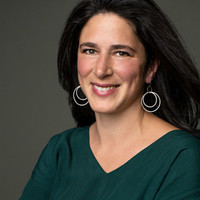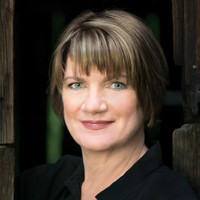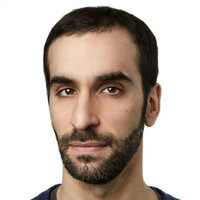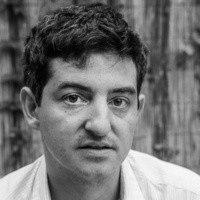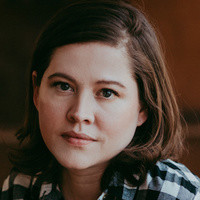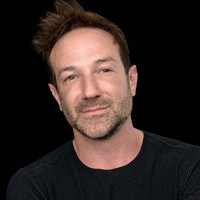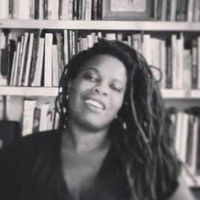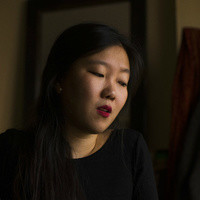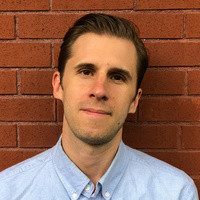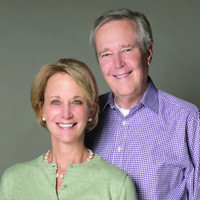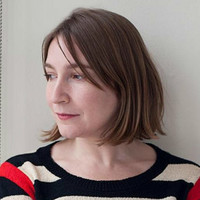Liana Finck writes for The New Yorker. Her new book is Passing for Human: A Graphic Memoir.
"I was drawing since I was 10 months old. My mom had left this vibrant community of architects and art people to live in this idyllic country setting with my dad, and she poured all of her art feelings into me. She really praised me for being this baby genius, which I may or may not have been. But I grew up thinking I was an amazing artist. There weren’t any other artists around besides my mom, so I didn’t have anything to compare it to. There were no art classes around. … I was so shy, so I was just always drawing and making things."
Thanks to MailChimp, Lean In podcast, Under My Skin, Skagen, Squarespace, Sleeping Beauty Dreams, and Pitt Writers for sponsoring this week's episode.

